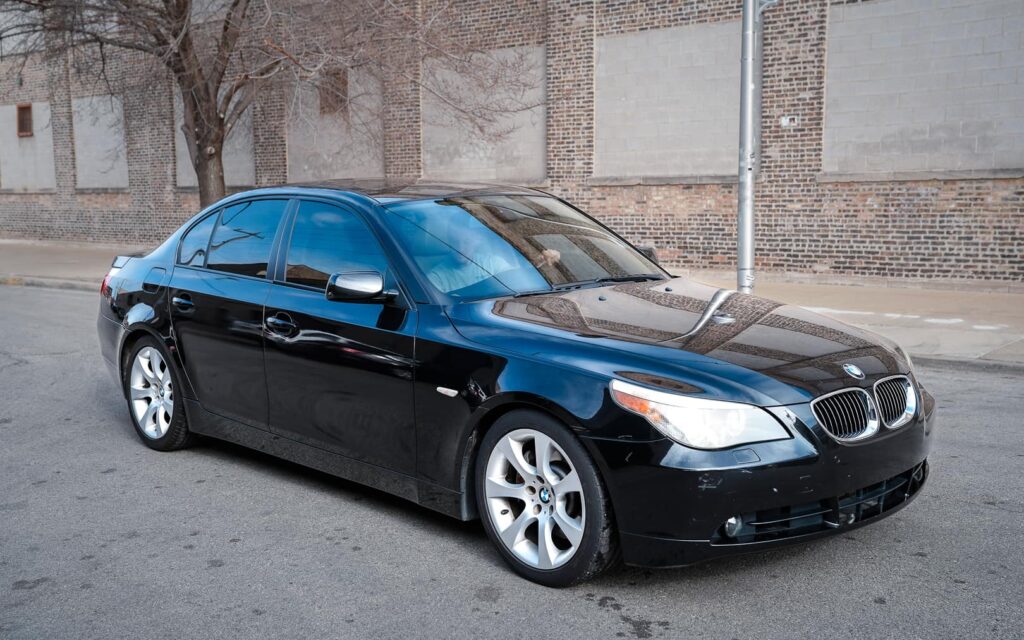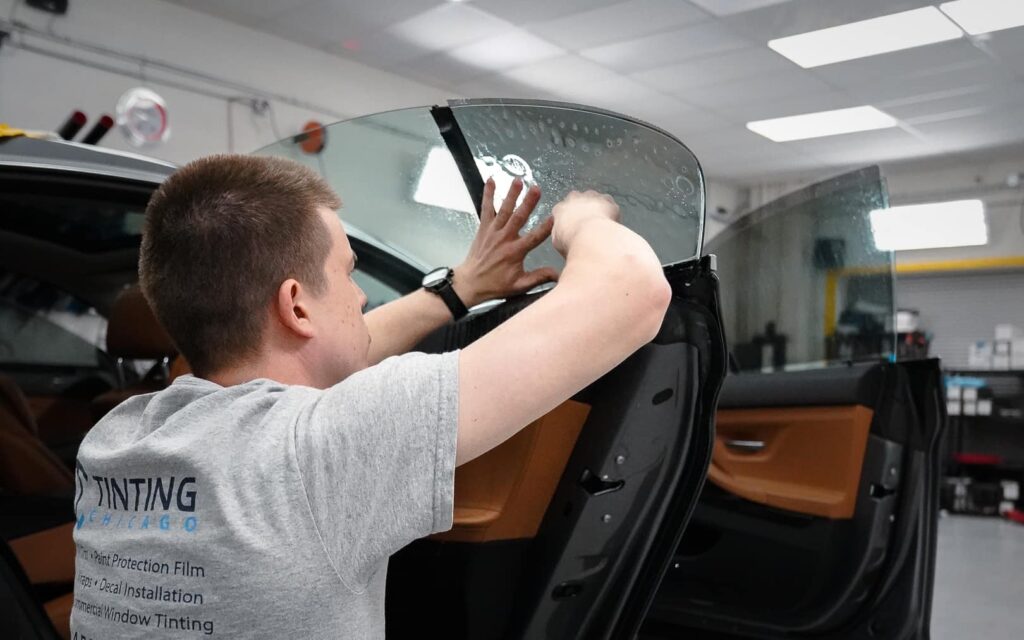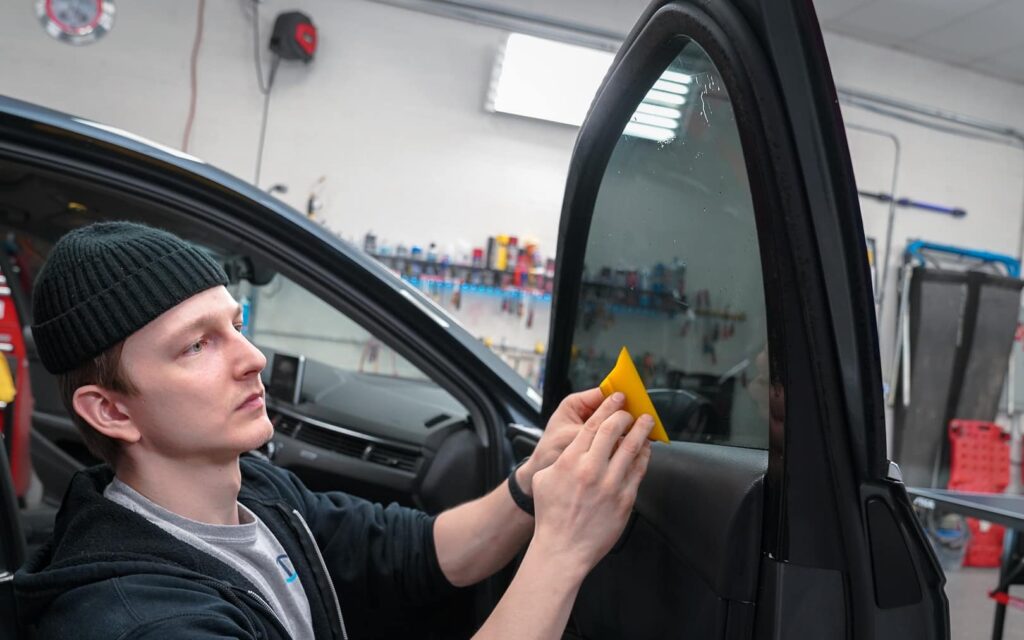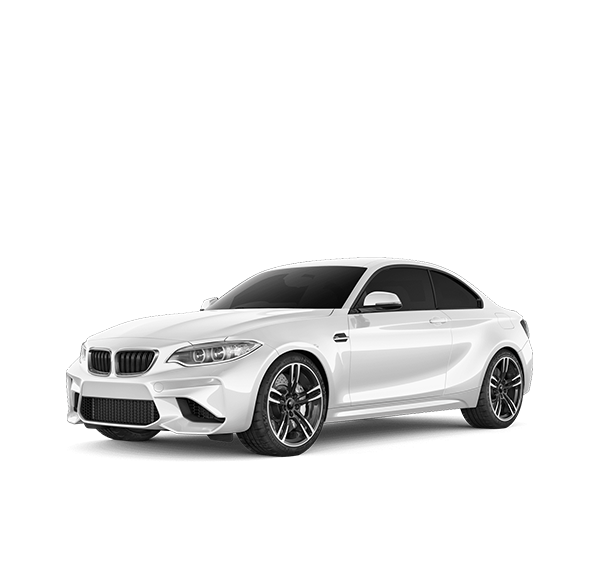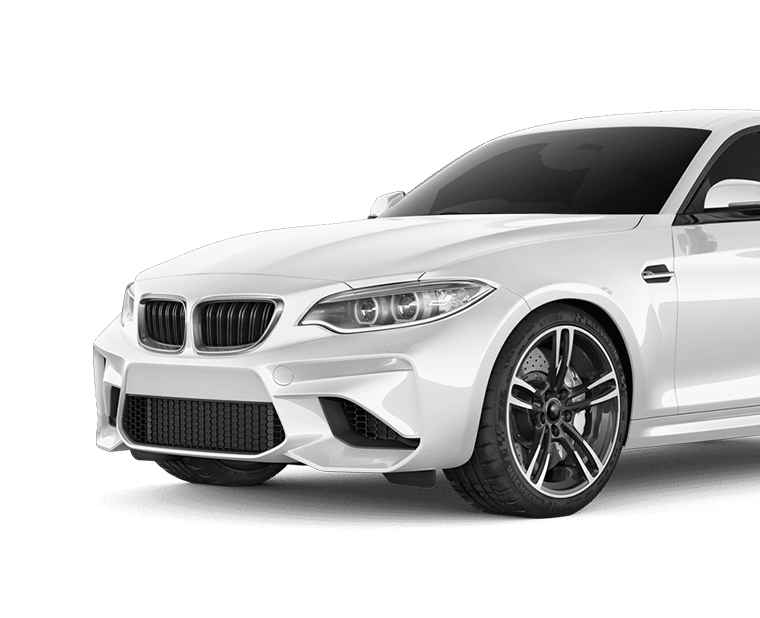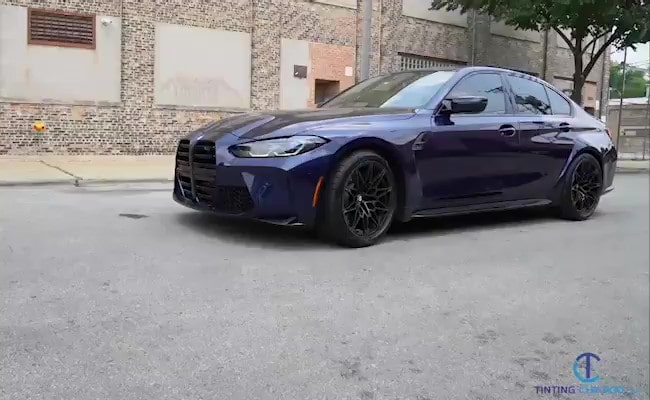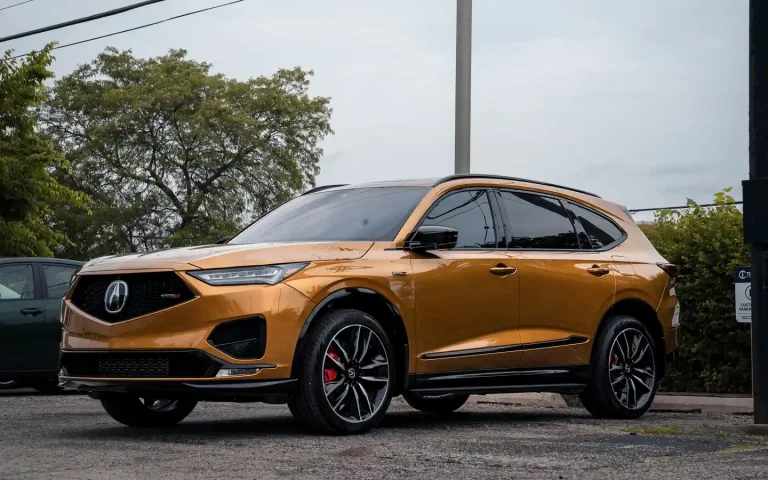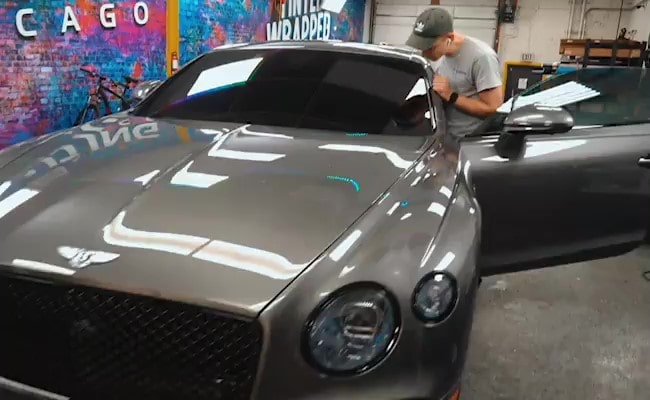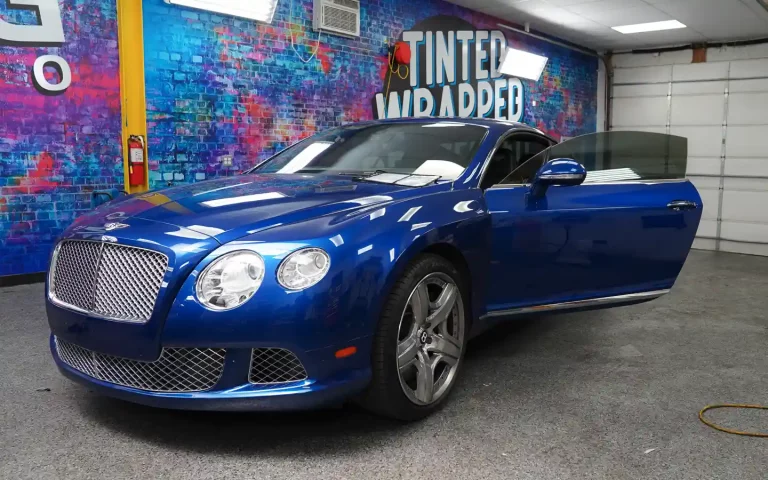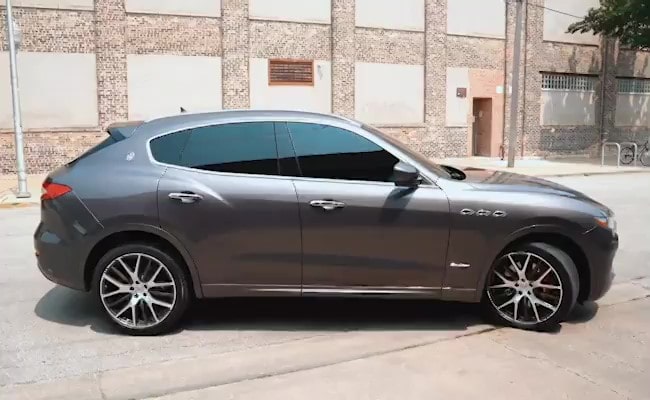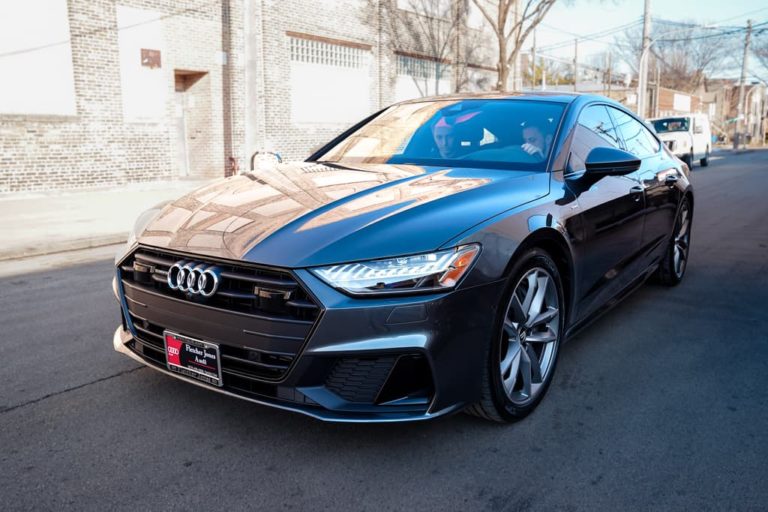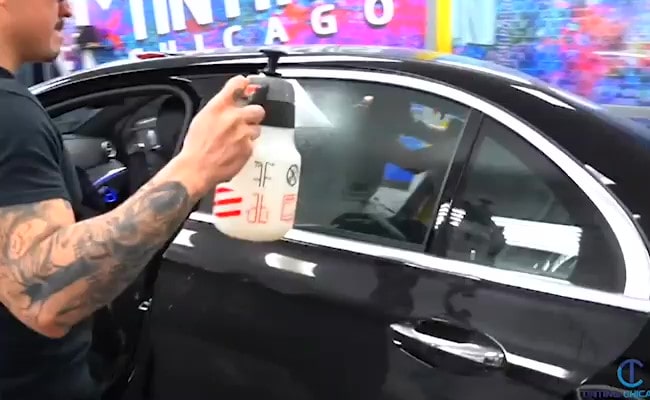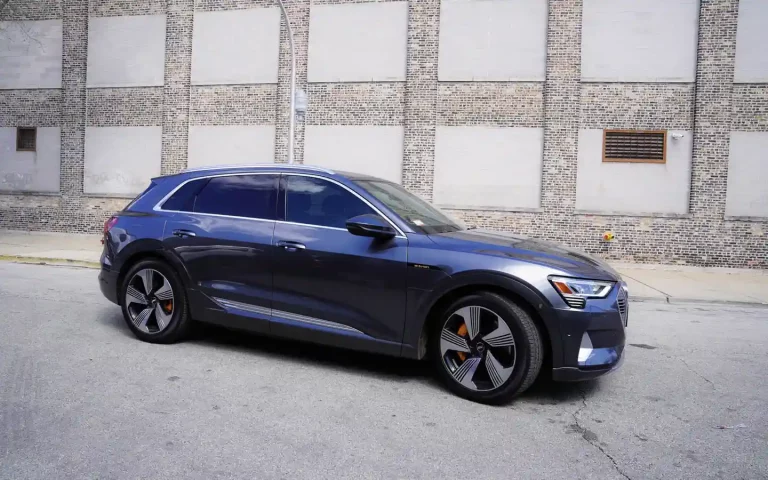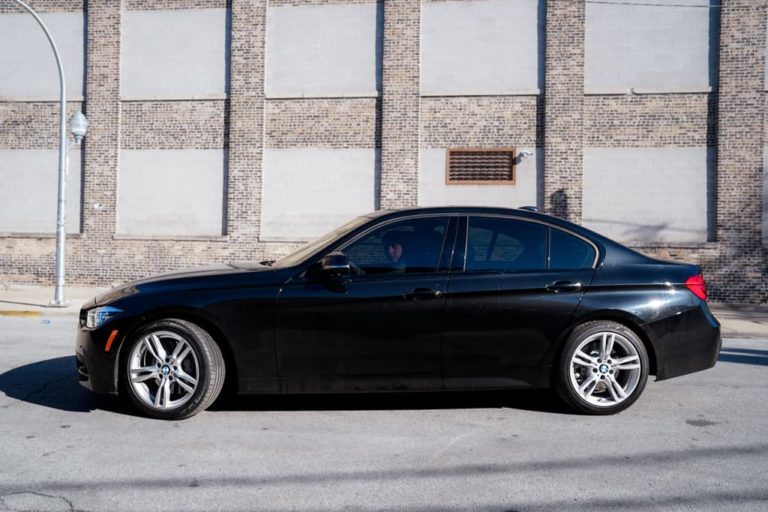


































































































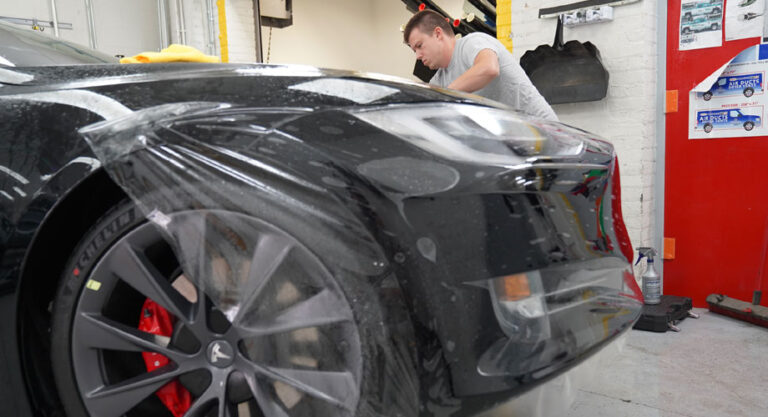
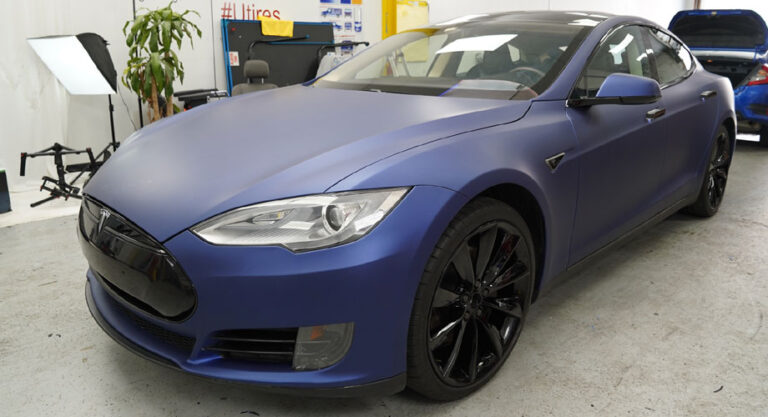

















































































































RAYNO vs. XPEL Film: Which One Is Worth Investing?
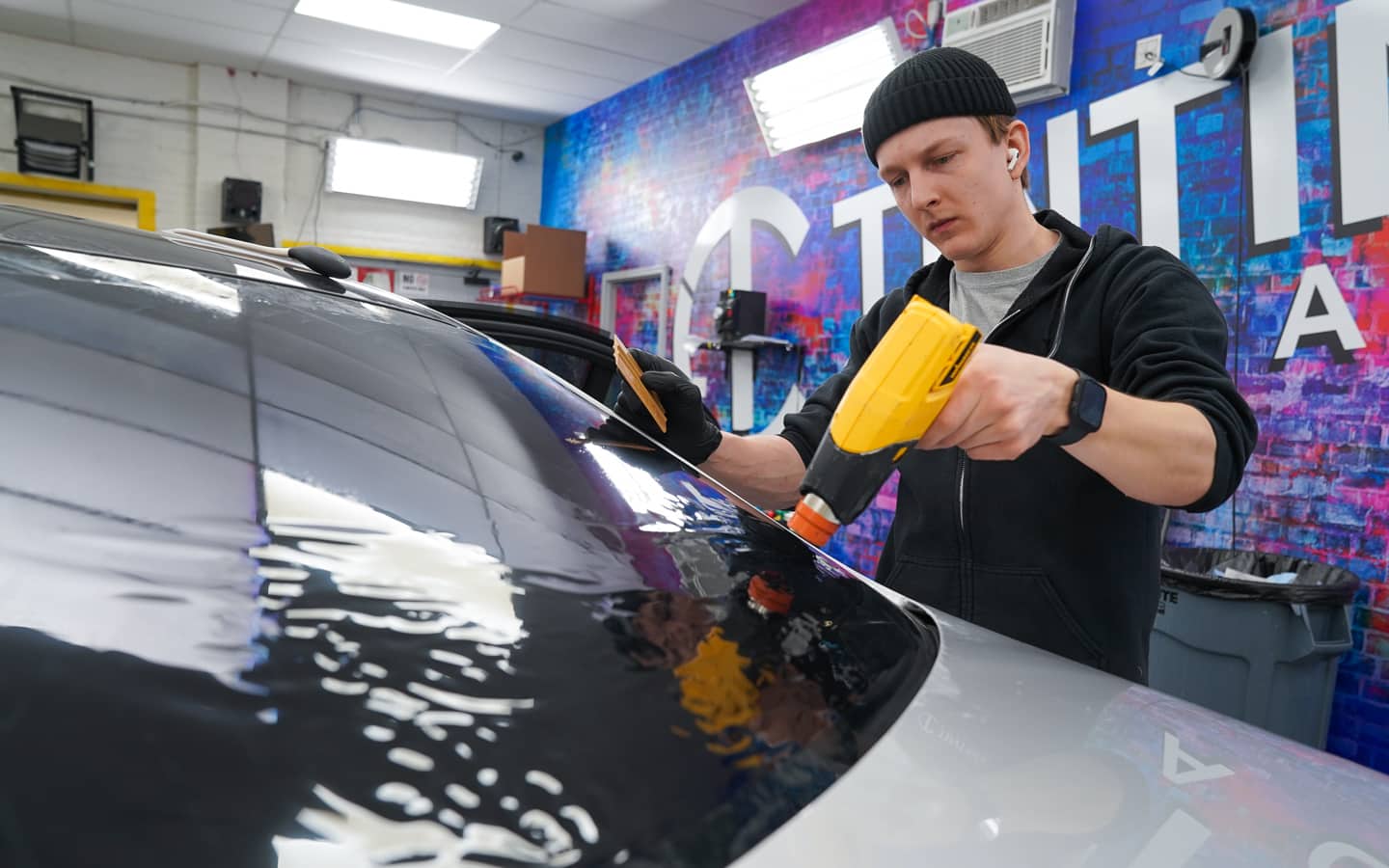
More and more car owners invest in window tints. Shaded windows are not only a cosmetic upgrade to your vehicle. High-quality tinting films offer many practical advantages. Tints enhance privacy, reduce sun glare and block harmful UV rays. The modern market offers a wide range of options – from traditional dyed tints to advanced ceramic and nanotechnology-based films. So, sometimes, choosing a product that fully matches your needs is a struggle. How to make a reasonable choice between quality and quantity? Let’s compare two industry-leading options – Rayno and XPEL tinting films.
Our packages Recent reviews
About brands
- Rayno is a known manufacturer of protective film for the automotive industry and residential and office buildings. All Rayno films are created using a special formula that combines the benefits of carbon and ceramic tints. Tiny carbon particles ensure color longevity, while ceramic particles add durability and great heat resistance. Some of Rayno’s tinting films have excellent protection parameters: 99% UV rejection, 70% solar energy blocking and 93% sun glare reduction.
- XPEL is a relatively new brand of automotive protective films, but it has quickly won customers’ approval. XPEL specializes in nano-ceramic, metallic, and dyed window tints and offers a variety of prime-quality products. All XPEL tints come with impressive features – they block 99% of UV rays, reduce sun glare by 95%, and reject nearly 70% of solar energy.
| View all packages | XPEL CS | XPEL XR | XPEL XR+ |
| 2 front side windows | from $109 | from $149 | from $209 |
| coupe, 4-door sedan, sides and rear window | from $249 | from $379 | from $609 |
| SUV/Pickup, sides and rear window | from $279 | from $409 | from $659 |
| windshield for Coupe/Sedan | from $169 | from $219 | from $339 |
| windshield for SUV/Pickup | from $169 | from $219 | from $339 |
| 1000+ reviews |
Rayno and XPEL products
Each manufacturer offers a good range of films for different needs and budgets.
Rayno tinting films:
- MonoCarbon. This tinting solution contains no paint or dye, just 2-ply carbon. It copes well with sun-protecting tasks and gives your windows a durable shade and great clarity.
- Platinum Air 7090. This nano-ceramic film has a special feature: its shrinking ability. This makes it ideal for fitting shaped glass, such as windshields.
- Phantom Series. Tints from this series combine carbon and ceramic particles for the best performance.
XPEL tinting films:
- Nano-ceramic tint. This series contains tints with different VLT and finishes. All products in this prime series contain a blend of ceramic particles to guarantee the best possible UV protection. These tints are recommended by the Skin Cancer Foundation.
- Metallic tint. It is a hybrid dye-metal construction film that offers strong sun protection. A metalized layer does not block radio and phone signals.
- Dyed film. This is the most budget-friendly option to protect your car’s from sun’s devastating impact and add more privacy to your drive.
Comparison of Rayno and XPEL window tints
Both tinting films are in high demand, but how to know which of them to choose? Here is how their basic features compare.
Price
- Rayno tinting products are more cost-effective than XPEL, which partially explains their popularity.
- XPEL tends to be pricier due to more expansive materials and its advanced technology. However, it also offers traditional dyed and metalized films.
Quality
- For some products, Rayno utilizes a proprietary formula that combines carbon and ceramic particles for optimal performance.
- XPEL incorporates advanced nano-ceramic materials for superior heat rejection and clarity. The manufacturer.
Sun protection
Tinting films from both manufacturers have enough protection against UV rays and sun glare. Rayno and XPEL films effectively reject heat and keep the interior cooler. However, XPEL window tint metrics are higher than most Rayno alternatives.
Durability
- Rayno tinting film is known for its resistance to fading—the manufacturer gives just a 1% fading risk. However, most Rayno tints must be replaced after a couple of years.
- XPEL tinting is highly durable and scratch-resistant. According to customer reviews, properly installed tints can last 5-10 years and beyond.
Warranty
- Rayno typically offers a standard warranty, ranging from a few years to a lifetime, depending on the product.
- XPEL often provides longer and more comprehensive warranties, which reflects its premium positioning in the market.
Overall, Rayno window tints are a more budget-friendly option with good quality and effective heat rejection. Still, XPEL window tints stand out for their high-quality materials, superior UV protection, and extended warranty periods. Even if you need to pay more for XPEL tinting, this investment will pay off over time. If you are seeking premium window tinting solutions, contact Tinting Chicago for more details. All estimates are free.





























